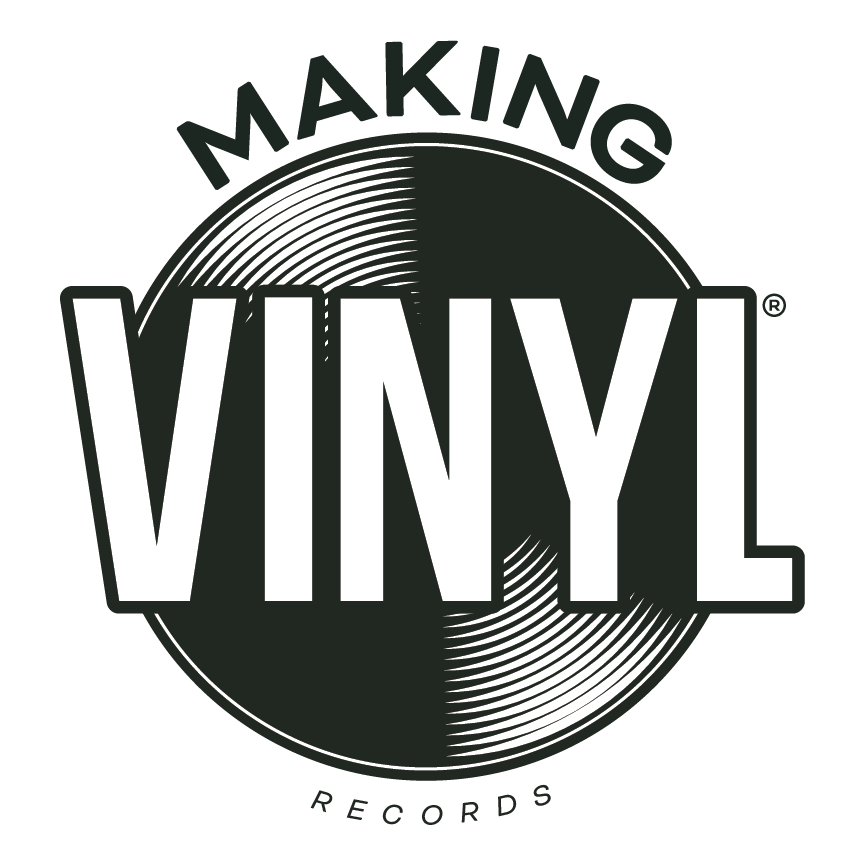Making Vinyl is pleased to announce its collaboration with the Recording Industry Association of America (RIAA) to update the global standards for vinyl record manufacturing, including pressing, mastering and packaging, for the first time since 1978.
More details about the collaboration, which is also being supported by the Media-Tech Association, will be given at a closing panel discussion on Oct. 2 at Making Vinyl in Detroit. David Hughes, the RIAA’s chief technology officer, will explain why he thinks it’s a good idea during the session.
Vinyl’s exponential growth over the past decade prompted a need to update the guidelines, which will be voluntary. Although nearly extinct 15 years ago, newly pressed vinyl records are now regarded as a deluxe consumer product with appeal that cuts across age demographics. As such, there’s a concern within the industry that the best possible record be for sale in the marketplace, sustaining vinyl’s momentum for the future.
“There’s no doubt that many of today’s records are better manufactured, thanks to new technology,” said Bryan Ekus, president of Making Vinyl/Colonial Purchasing Cooperative, a buying collective for media manufacturers that is the producer of the conference. “But we’re at a critical point to make sure that the overall industry doesn’t suffer from bad PR on social media due to some shoddy products being purchased,” he added.
Frank Hartwig, Chief Executive Officer CDA and President of Media-Tech Association, commented: “Our Media-Tech Association has a great deal of experience in setting standards. We have accompanied this process in optical media formats with the CD all the way to the Blu-ray Disc. With our vinyl working group, we can certainly help to ensure that global standards for vinyl are also adapted to today’s needs.”
The goal of the project is to provide labels, mastering engineers and pressing plants with best practices to follow in their own operations.
“We though it was important to work with the RIAA with them being the holders of the standard-bearers in this area during vinyl’s original heyday, yet reflect the differences taking place in the 21st century,” Ekus said.
Comments Eric Astor, owner of Furnace Record Pressing in Alexandria, Vir., who’s been active in the early discussions for updated standards: “Is it possible to set universal ‘standards’ for an industry that’s as much about craft as it is about manufacturing? Maybe, maybe not. But I am confident that this conversation will spark new ideas, identify areas that need improvement, and lay the groundwork for better cooperation between all vinyl disciplines.”
Why such standards are needed?
- Vinyl records are a premium product, so it’s crucial to meet consumer expectations in terms of quality.
- The vinyl record business is showing sustained growth year-on-year.
- A standardized worldwide code of quality will retain consumer confidence.
Workgroups will be formed in the near future. Guidelines are expected by early 2019. For more information, contact [email protected].


